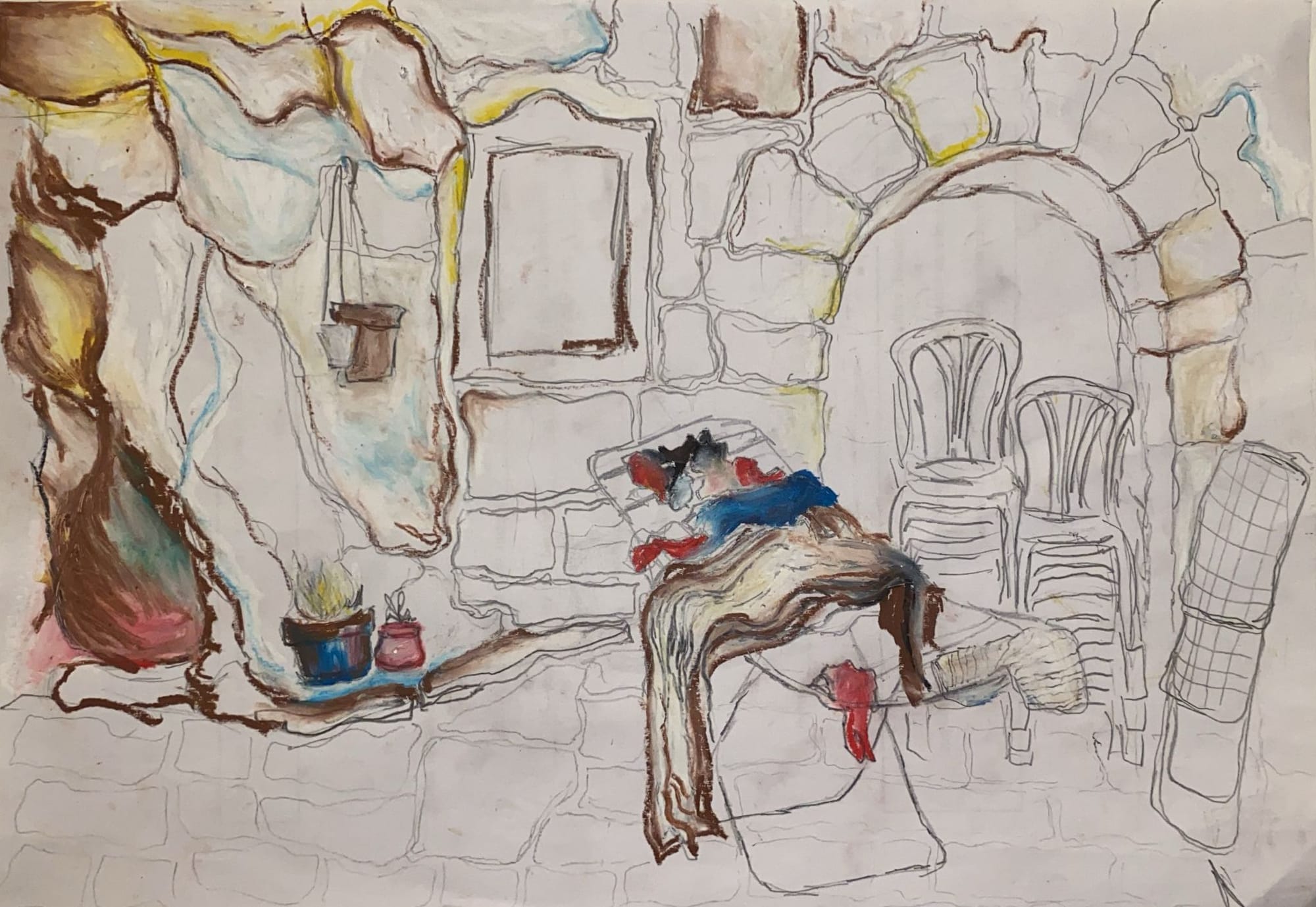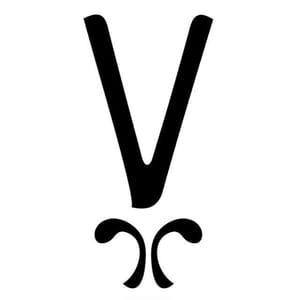Vigil
“For a good few minutes I just stood there, like I was waiting for something beautiful and improbable and inconceivable to happen.”

This week I finished the last of Elena Ferrante’s Neapolitan Quartet. I read the four novels over four years; I was nineteen, Zionist, and didn’t even write on Shabbat when I read the first one; I read the second in the middle of the West Bank, whenever I wasn’t undergoing some dramatic political awakening; the third shut up in my childhood bedroom in London, determined that nobody would ever understand; and now, from my new bedroom in Jerusalem, I can say I am completely done.
I wasn’t reading for the plot, I frequently forgot about the existence of entire families, crucial marriages and significant deaths went over my head. I identified with the two main characters Lila and Lenù alternately, but I didn’t really care about what happened between them; really I was there for the long, winding, passionate sentences that still always managed to end exactly where they should.
For the very last pages I sat in my favourite place by the window in our living room. I closed my eyes as I put the book down and made this dramatic sigh, Iike I was fully at peace or something.
I went out into central Jerusalem and there was a small breeze that made all the difference. I went to the English bookshop off Jaffa Street but to my dismay I couldn’t find a single novel; all the fiction had literally vanished. I went up to the woman at the till who explained that she had moved everything around, that fiction was downstairs now, and I felt like a fool.
Some time later in the week I announced to the group chat that I was going to cut off all my hair and get a stud in my nose. I announced a lot of shit. I said I was going to go a whole day without my phone, I was going to open all my unread messages. I said no, of course not, when my mother asked me if I was going to the West Bank. I said Adele when my friend asked what music I wanted on the way there. On the day that Iran sent ballistic missiles I felt particularly emotional and I don’t know, it was about nothing and everything.
I got my period the following day, on the night before Rosh Hashana and it felt very solemn, as if it had all been intended. My roommates weeded the garden, but I stayed in my room and cried, but in a good way. I cried big, grand, ugly tears when I heard the Shofar, because it made the same sound as it always has done.
I stayed for the whole service, nearly four hours in total. I kept telling myself that I was going to go home after ten minutes, but I physically couldn’t get my body to leave the synagogue until every last possible prayer had been offered. In the evening I told my friend over the phone that I didn’t know how to explain it, but something had happened in my brain where I could no longer visualise the number of people killed; she said she thought she knew what I meant.
I actually gasped when I walked into the garden, all brand-new and weeded. I could see the ground again, there were flowers and lights floating about everywhere. For a good few minutes I just stood there, like I was waiting for something beautiful and improbable and inconceivable to happen.
After a while, nothing did, and it was just me standing in my garden, in the background of a genocide, and in the middle of a regional conflagration, and I kind of wanted to completely disappear. I went inside. I called my mother and I wanted her to know, without me having to tell her, what was wrong. I wanted her to say the words. She got there eventually, to Gaza. I said well done, congratulations, you got it. I started to cry, to say it was also Beirut, also everything, also I hadn’t really slept, also it hadn’t even been a year since my grandfather had died. I was meant to go to his stonesetting in Australia next month but it was decided I wouldn’t go. It was decided I wouldn’t go all the way, just for that.
Scrolling on my phone before bed, I saw another person in Gaza experiencing that day in their life after which nothing is ever the same again. I saw a photograph taken years ago of a woman in Lebanon hugging a rock to her body in such a way that together they appeared to form one perfectly seamless monument.
In order to get to sleep, I filled my head with lovely thoughts of beautiful things, the summer I would have, all the things I was going to do one day, learn Russian, Italian, read novels in their original language, walk the English countryside, find someone – it always worked.▼
Kate Greenberg is a writer, activist, and editor at Vashti.
Author

Kate Greenberg is a writer, activist, and editor at Vashti.
Sign up for The Pickle and New, From Vashti.
Stay up to date with Vashti.



